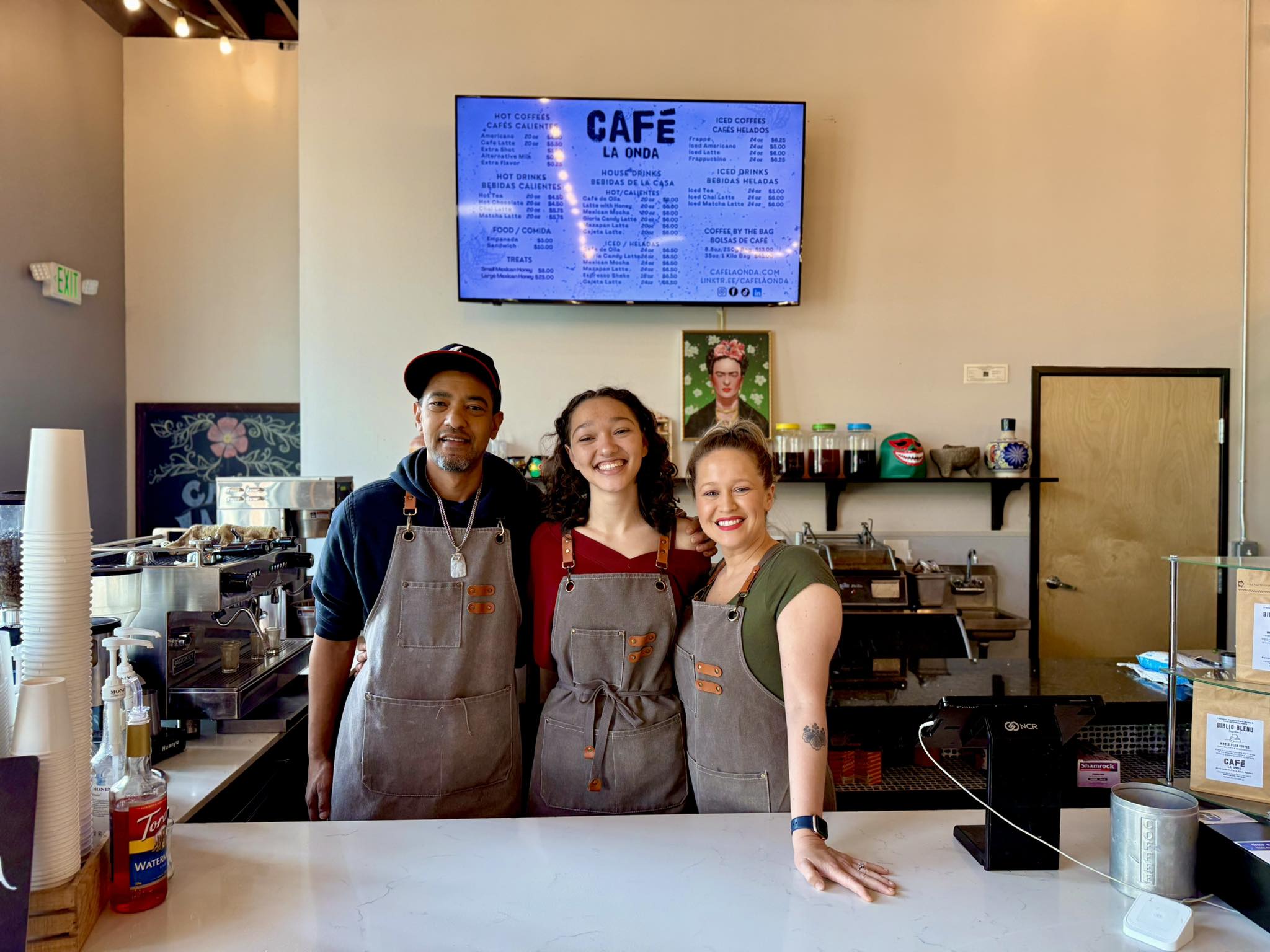OPINION: When did the U.S. become a ‘them’?
Published 2:56 pm Wednesday, May 28, 2025
What is happening to public life in the United States? Why are higher education, libraries, local museums and community-based programs, such as Oregon Humanities, losing millions of dollars in critically-needed funds as a result of drastic cuts being carried out by the Trump administration?
By now, we’re all familiar with the slashes that have occurred to numerous programs in the U.S. these past 100 days. They have devastated programs, destroyed people’s careers, and undercut the spirit of civic engagement in the U.S. The cutbacks include everything from international aid for health care and life-saving food assistance to defunding programs here at home, including the National Endowment for the Humanities in the amount of $363 million, according to some estimates.
Why are programs that increase community conversation, support local educational efforts, engage urban and rural communities, and encourage cultural understanding all on the chopping block?
Let me share two examples from my experience with Oregon Humanities to illustrate the absurdity of this and indicate why I am concerned about the fate of organizations such as OH and the future of our democracy.
In early April, the Department of Government Efficiency abruptly terminated millions of dollars in grants to organizations throughout the U.S., including the funding for nearly 50% of Oregon Humanity’s budget, which has served Oregonians since 1971. These funds were already appropriated by Congress, making this action illegal. However, this cut resulted in some OH staff being laid off, some having their hours reduced, and OH programs being jeopardized.
What is the logic for doing this to an organization that is committed to inspiring lifelong learning and active engagement in our democratic society? In just the past two years, OH has presented 275 community events, published the work of dozens of Oregon writers and artists and distributed more than $260,000 in grants to 42 organizations throughout Oregon, including libraries, museums and community groups.
Let me explain what this looks like from the viewpoint of one Oregonian, who has been involved with Oregon Humanities programs this past year.
During the past five months, I have been one of 20 community facilitators involved in OH’s Conversation Project. This program offers conversations on a wide variety of subjects, including topics such as Housing and Belonging, Parenting in a Noisy Time, and Everyone Can Be a Leader. The dialogues are held in local communities throughout the state. The goal of each discussion is to engage individuals in reflective conversations that help people share their beliefs and experiences about a specific topic, while building community among the participants.
I facilitate OH conversations on “Talking Values Across Political Divides.” These interactions have already been hosted in Forest Grove, Beaverton and Portland and are scheduled to take place in Oregon City, Jacksonville and Warrenton in the coming months. Each discussion is unique and enriching. Many of those participating express their frustration with not being able to talk with family and friends about politics in meaningful and values-based ways. It is clear that we can do better at this as a country.
As a result, my question for DOGE is why is the Trump administration cutting funds to an organization that promotes open, civil conversation and helps people develop listening skills? Where is the waste, fraud or abuse in that?
My second experience with OH involves their weekly podcast “This Place”. Through this program, Oregonians talk about places that matter to them. What is it like to be where you are? What is it you wished other people understood about your place?
In my brief “This Place” segment, I shared why Forest Grove is home for me. In these podcasts, presenters describe what is special about their corner of the state. If you go to the OH website (oregonhumanities.org), you can hear Oregonians from all walks of life share their thoughts about their communities and learn first-hand about Newport, Spray, Brookings, Paisley, John Day and Oregon City, among other places.
What is the threat to our country in having Americans share what they love about their communities with others?
It is clear that the work of the National Endowment for the Humanities, which includes the programs of OH, is currently under attack from the Trump administration. The resulting funding cuts will devastate countless community-based programs throughout the United States. This mindless effort must be stopped.
In this spirit, I invite you to join me in encouraging our congressional representatives to fully fund the National Endowment for the Humanities and demand that the federal government’s longstanding commitment to supporting state humanities councils resume for 2025 and that these community engagement efforts be included in the 2026 federal budget.
This important work is essential to creating the kind of democracy we seek to be. It’s time to stop making the U.S. into a “them.”
Lowell Greathouse is a retired United Methodist minister who has served churches in Portland, Beaverton and Lake Oswego. He also worked for Community Action in Washington County and at United Way of the Columbia-Willamette and is a Forest Grove resident.





